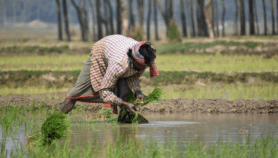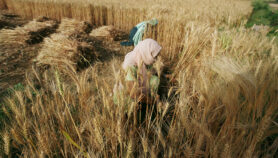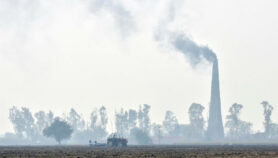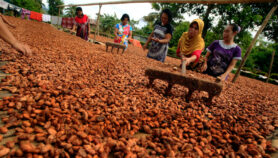11/11/19
Greener palm oil possible without sacrificing profit
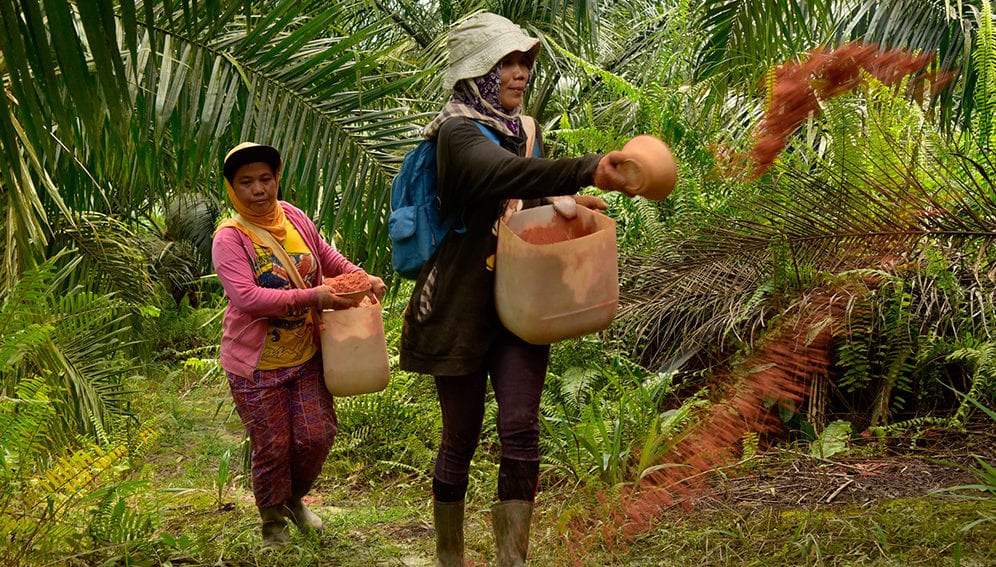
By: Sanjeet Bagcchi
Send to a friend
The details you provide on this page will not be used to send unsolicited email, and will not be sold to a 3rd party. See privacy policy.
[NEW DELHI] Palm oil production can be made less environmentally destructive by reducing the use of fertilisers and avoid using herbicides, says a new study published November in Frontiers in Forests and Global Change.
Palm oil, the most widely used vegetable oil in the world with total sales in 2018 topping US$30 billion dollars, contributes greatly to the GDP of several tropical countries. But its production has been linked to large-scale destruction of pristine forests and the decimation of orangutan populations.
“Palm oil is an important commodity, but it raises concerns over the destruction of tropical rainforests that are replaced by its monocultures”
Kevin Felix Arno Darras, University of Göttingen
“Palm oil is an important commodity, but it raises concerns over the destruction of tropical rainforests that are replaced by its monocultures,” says Kevin Felix Arno Darras, study author and postdoctoral researcher at Germany's University of Göttingen. “We [should] satisfy demand for vegetable oil with profitable production systems, preserve habitats of conservation importance, and mitigate the negative effects of oil palm plantations on the environment,” Darras tells SciDev.Net.
The large-scale, multidisciplinary study on palm oil plantations, in the Jambi province in Indonesia, compared the yield associated with decreased versus conventional use of fertilisers, and with mechanical versus herbicide-based weed control.
Co-author Edzo Veldkamp, a professor of soil science of tropical and subtropical ecosystems at the University of Göttingen, says the study assessed the possibility of reducing the negative effects of fertiliser and herbicide use on the environment.
Two years after the initiation of the study, the researchers observed encouraging preliminary results. In the treatment with reduced fertiliser and mechanical weeding, the harvest was not different from the conventional treatments, notes Veldkamp.
Aiyen Tjoa, another author of the study and agriculture faculty at the Tadulako University in Palu, Indonesia, tells SciDev.Net that the result so far has shown that a significantly lower usage of fertilisers (about 50 per cent less than conventional levels) and non-herbicide treatments does not affect yields.
The researchers note that reduced use of fertilisers had no detrimental effect on soil nutrients. Also, plants, aboveground arthropods, and belowground animals were positively affected by mechanical weeding, compared with herbicide-based weeding.
“Our study is important because we were able to address important aspects related to oil palm plantations such as productivity, economy, soil functions, and biodiversity in a holistic manner,” says Darras.
This piece was produced by SciDev.Net’s Asia & Pacific desk.






